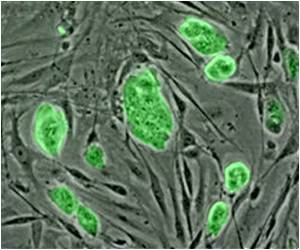Researchers at the University of the North Carolina School of Medicine have found that hypothermia, a condition in which an organism's temperature drops below that required for normal
Hypothermia may help in the development of neuronal stem cell therapies, researchers at the University of the North Carolina School of Medicine have found. Hypothermia is a condition in which an organism's temperature drops below that required for normal metabolism.
The team said that the process might pave the way for newly born neuronal stem cells in the adult brain to offer therapy for brain injury.According to some experts, stem cells in the adult brain can aid the repair of damaged brains. But if these stem cells are to be utilized in this way, the process by which they are created, neurogenesis, must be regulated.
The new study, led by Laurence Katz, Co-Director of the Carolina Resuscitation Research Group at the University of the North Carolina School of Medicine, suggests a way in which this might be achieved.
According to the research, neurogenesis can be regulated through induced hypothermia.
In rat subjects, a mild decrease in body temperature was found to substantially decrease the proliferation of newly-born neurons, a discovery that marks a major step forward for the development of neuronal stem cell-based brain therapies.
Since the 1930s, brain damage from stroke, head injury, near drowning and cardiac arrest was considered to be permanent because of a lack of repair mechanisms like other parts of the body.
Advertisement
"Many questions remain before we adequately understand how to control these cells to repair a damaged brain," said Katz.
Source-ANI
RAS/M











